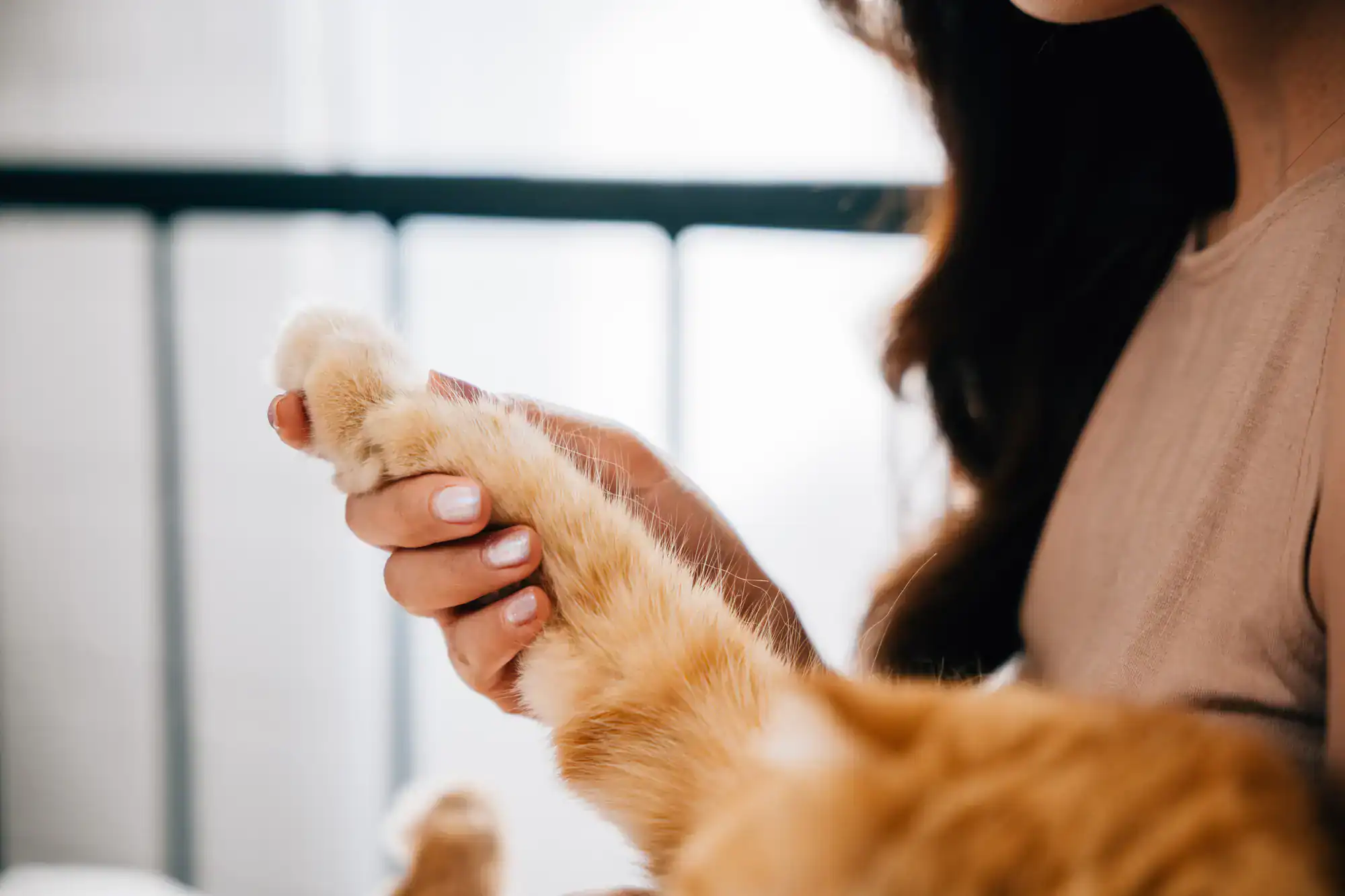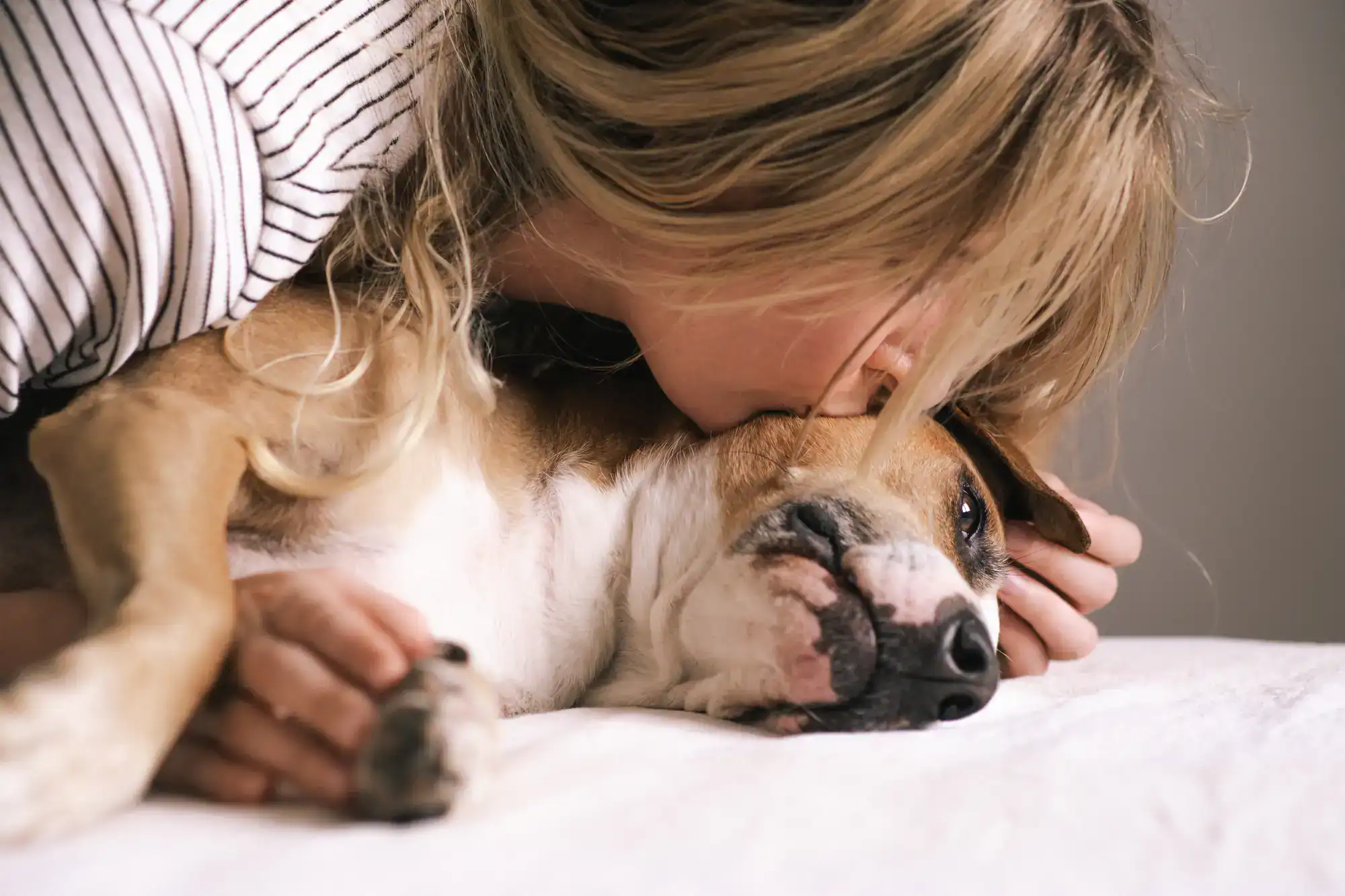Pet Loss Support in Willis, TX
Your Pet's Love Deserves Proper Grief Support
Professional guidance and healing resources for Willis families navigating the profound loss of a beloved companion who was family.

Hear from Our Customers

Pet Grief Counseling Willis TX
The pain you’re feeling isn’t “just about a pet”—it’s the loss of unconditional love, daily companionship, and a family member who knew your routines better than anyone. That grief deserves real support, not dismissive comments from people who don’t understand.
Pet loss support gives you permission to grieve fully while developing healthy coping strategies. You’ll learn to process complex emotions like guilt over end-of-life decisions, anger at the unfairness of shorter lifespans, and the overwhelming emptiness where your companion used to be.
Professional guidance helps you honor your pet’s memory while gradually rebuilding your capacity for joy. You’re not trying to “get over” your loss—you’re learning to carry that love forward in ways that heal rather than hurt.
Pet Loss Resources Willis TX
We’ve walked alongside Willis area families through pet loss since 1989. We’ve seen how the unique rural-suburban blend of Montgomery County creates especially deep bonds between families and their companions—dogs who roam larger properties, cats who become barn guardians, and horses who serve as both working partners and beloved friends.
Our team includes licensed veterinarians and certified pet loss specialists who understand that Willis families often treat their pets as integral parts of their lifestyle, not just house pets. We recognize the particular challenges of rural pet loss, from the practical aspects of larger animal care to the emotional impact of losing working companions.
As active members of the American Association for Pet Loss and Bereavement, we provide culturally sensitive support to our diverse Montgomery County community, including Spanish-speaking resources for families who need them.

Coping With Pet Loss Willis
Pet grief counseling starts with validation—your pain is real, your bond was genuine, and your grief deserves attention. Unlike well-meaning friends who suggest “just getting another pet,” professional support acknowledges that each animal relationship is irreplaceable and unique.
The process typically begins with sharing your pet’s story and role in your life, then identifying your specific grief challenges. Maybe you’re struggling with guilt over euthanasia timing, anger at veterinary costs that didn’t save them, or practical concerns about other pets in your household who are also grieving.
You’ll develop personalized coping strategies that fit your lifestyle and personality. Some Willis residents find comfort in memorial rituals, others in support groups, and many in one-on-one counseling that provides space to process emotions without judgment. The goal is helping you integrate the loss while preserving the positive impact your companion had on your life.

Ready to get started?
Pet Bereavement Support Willis TX
Comprehensive pet bereavement support addresses both emotional and practical aspects of loss. Individual counseling provides personalized attention for complex grief situations, especially helpful for Willis families dealing with livestock loss, multiple pet households, or children experiencing their first major loss.
Support groups connect you with other Montgomery County pet owners who understand the rural lifestyle challenges—from losing barn cats who controlled rodent populations to saying goodbye to horses who’ve been family members for decades. These connections often provide the most meaningful validation and practical advice.
Memorial services and grief rituals help create closure while celebrating your companion’s life. This might include private ceremonies at your property, creating memory gardens, or participating in community pet remembrance events. Many Willis families find that formal recognition of their loss helps family members process grief together.
Educational resources and ongoing support ensure you have tools for managing grief waves, handling triggers like anniversaries, and making decisions about future pet relationships when you’re ready.

How long should I expect pet grief to last and when is counseling necessary?
What makes pet grief counseling different from regular grief therapy?
Are there pet loss support groups available near Willis, Texas?
How can I help my children process pet loss in healthy ways?
What should I expect during my first pet grief counseling appointment?
How do I distinguish between normal pet grief and depression requiring treatment?
Other Services we provide in Willis
